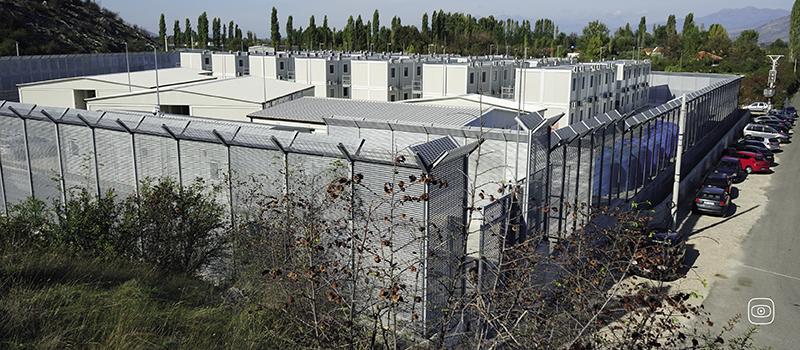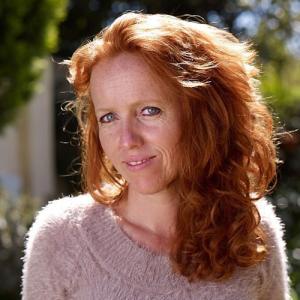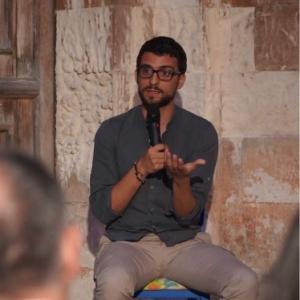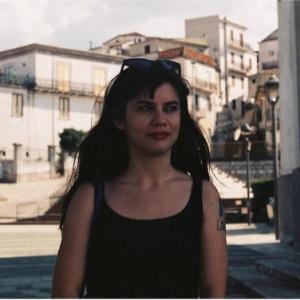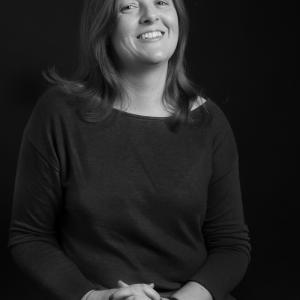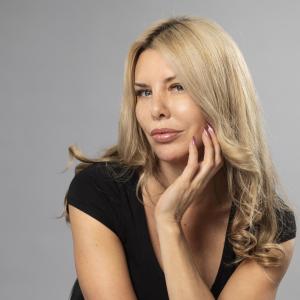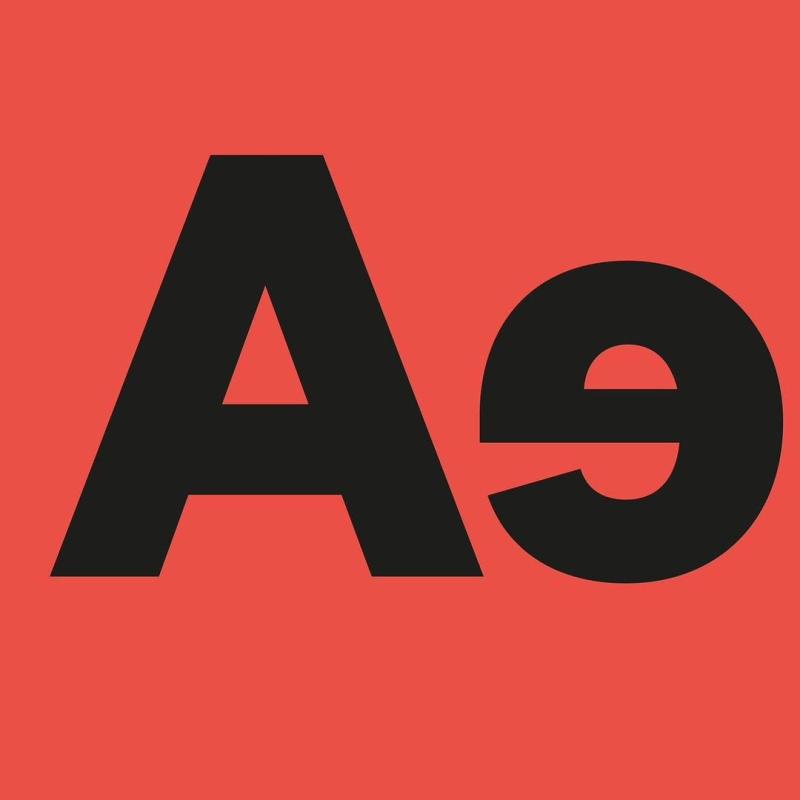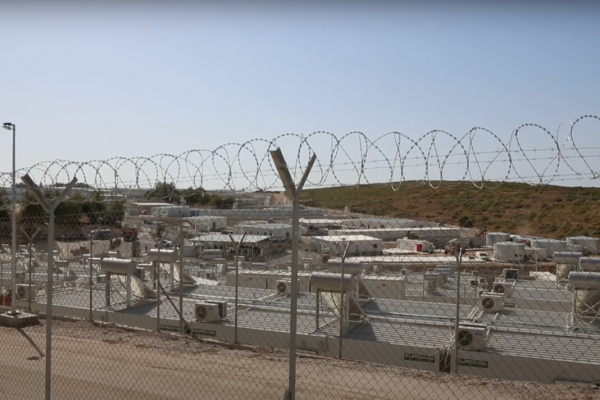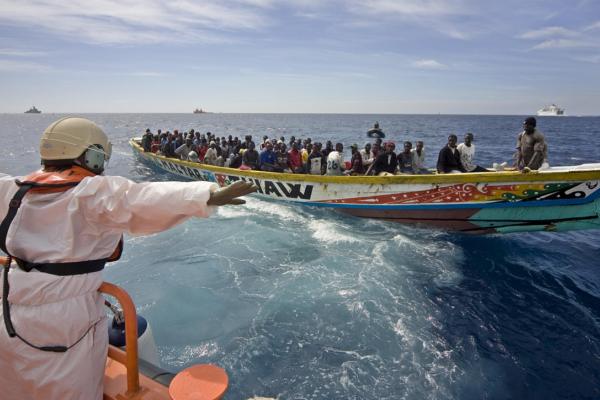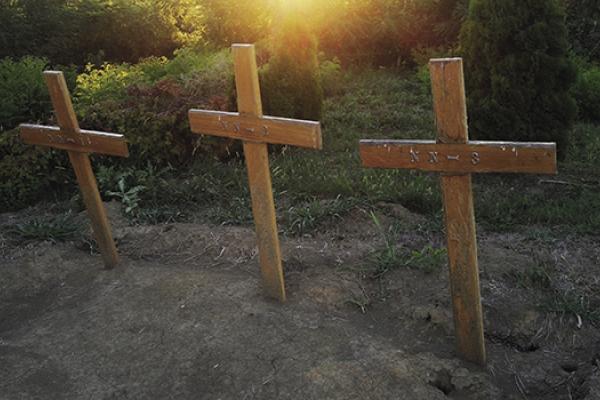The Dutch investigative collective Spit and the Italian publication Altreconomia conducted a transnational investigation into Europe's privatised migration market across six countries: Italy, Albania, Sweden, the Netherlands, the UK and Greece. They collaborated with journalists from these countries: Luca Rondi, Lorenzo Figoni, Kristina Millona, Kaysa Ekman, Bram Logger, Hester den Boer, Janine Louloudi and Ruth Hopkins.
The cross-border team uncovered a booming border industry where governments award million-euro contracts to companies with criminal track records - with little to no screening.
Key findings
- In Italy, the €133 million contract for an offshore detention centre in Albania went to the Medihospes social cooperative. However, it is discovered that the contract has never been signed, yet Medihospes has received millions. Ten years ago, La Cascina, of which Medihospes is a member, was involved in the high-profile judicial investigation known as 'Mafia Capitale'.
- In Sweden, Jan Emanuel, an entrepreneur with a criminal past, became an asylum millionaire overnight by warehousing underage refugees in substandard accommodation. Jan Emanuel and his company, Hoppetgruppen, achieved an unprecedented profit margin of 80% in some cases.
- In the Netherlands, middleman René Derksen is under criminal investigation for allegedly defrauding the government of €44 million through fraudulent hotel bookings. The Public Prosecution Service in the Netherlands has seized €50 million worth of assets belonging to Derksen, including real estate and expensive cars. The COA (Central Agency for the Reception of Asylum Seekers) has since terminated its collaboration with him.
- In the UK, Serco won the £276 million Brookhouse detention contract in 2020 despite having previously defrauded the British government. Serco replaced G4S, who lost the contract following widespread violence and drug abuse. Our investigation reveals that two migrants have died since Serco took over, and that drugs and violence are still widespread. Furthermore, more than half of the detainees have not been deported, despite many wanting to return but being unable to do so.
On the right: The migrant centre in Gjadër, Photo by Klodiana Millona
